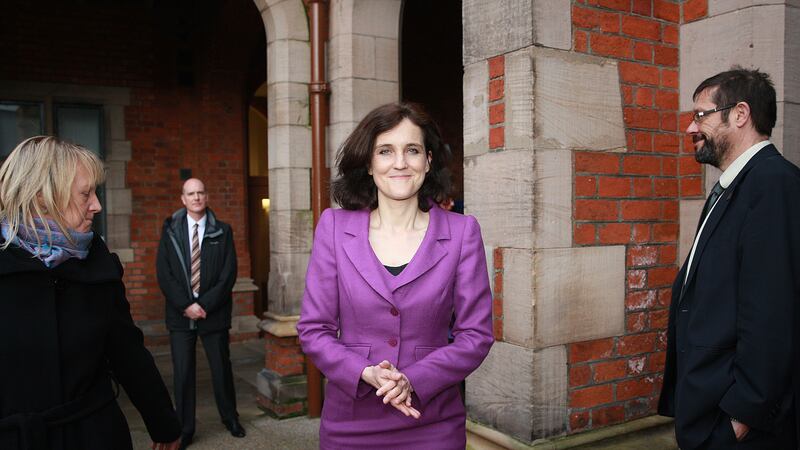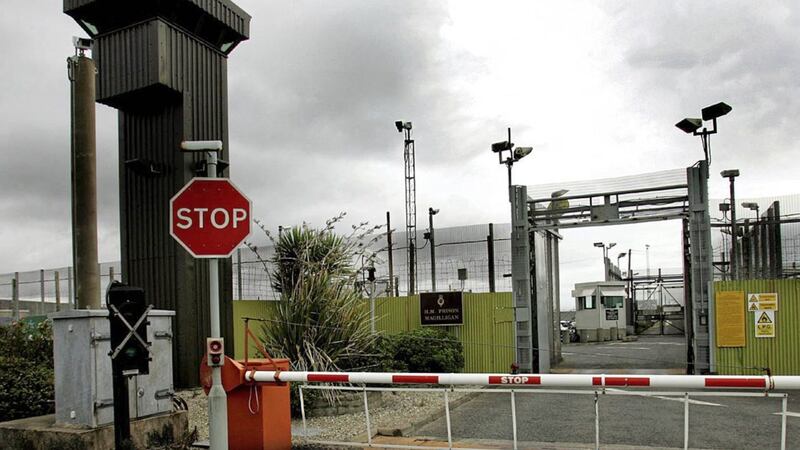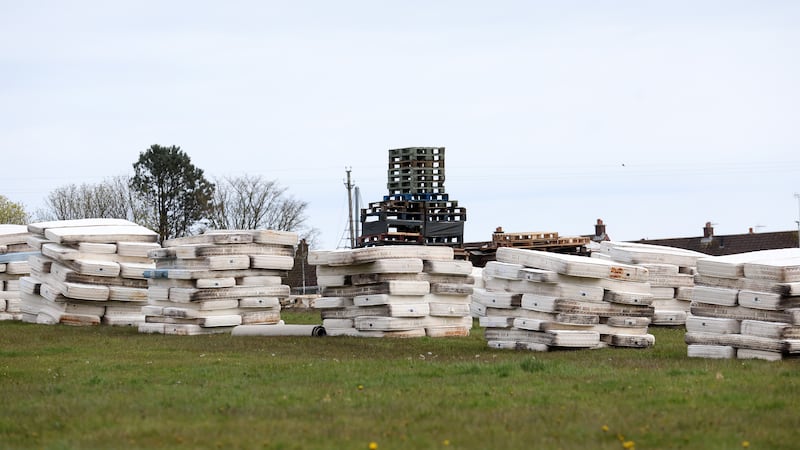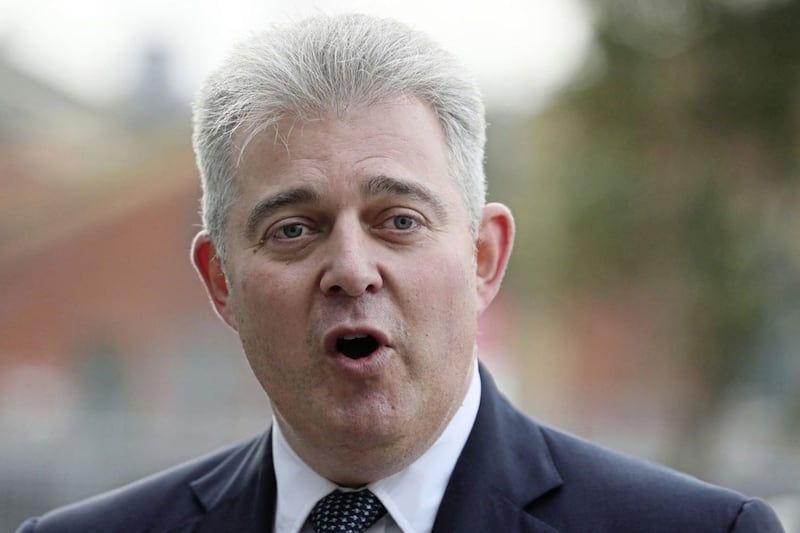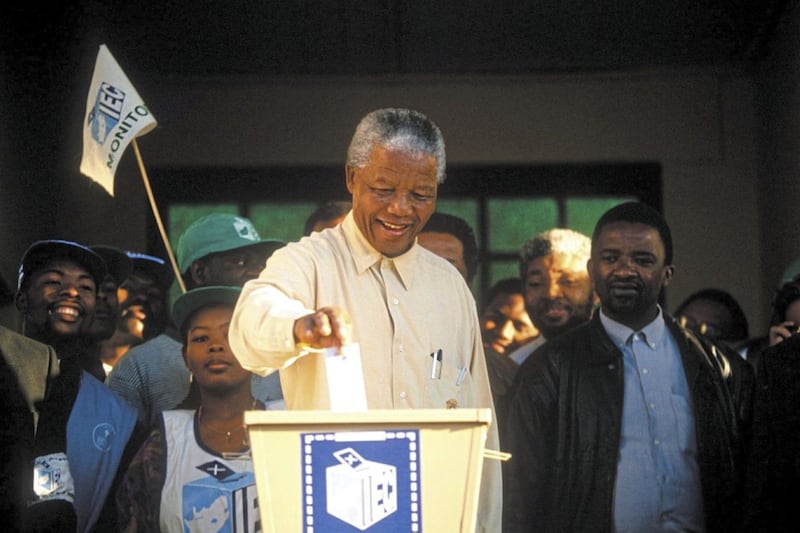A fresh talks process will not be initiated to resolve a bitter political row that has endangered the future of powersharing at Stormont, the Government has said.
Northern Ireland Secretary Theresa Villiers ruled out a repeat of last year's marathon negotiations which produced the now under-threat Stormont House Agreement.
The devolved five-party mandatory coalition in Belfast is currently engulfed in a major crisis, due to an impasse over the implementation of welfare reforms - a key plank of the Stormont House deal.
Without the changes to the benefits system, the rest of the agreement between the Executive parties and the British and Irish governments is in limbo.
The deadlock has contributed to a black hole in the Executive's budget running to hundreds of millions of pounds - a shortfall that has prompted the Treasury to warn the administration that it is preparing to take back spending powers.
Efforts to resolve the impasse have focused on a series of one-off "review meetings" between the signatories of the Stormont House deal, but they have yet to achieve a breakthrough and the behind closed doors encounters have often been marked with acrimonious exchanges.
With no sign of a resolution on the horizon, some have called for a fresh, intensified set-piece talks process.
Ms Villiers appeared to rule out such an initiative as she insisted her focus remained on the current format of engagement.
"Certainly I think the discussions have to carry on between the Northern Ireland parties and I will be actively involved in those," she said.
"We are not going to be having a renegotiation of the Stormont House Agreement, we are not going to do Stormont House talks mark two.
"But we do need to keep talking to one another, to keep that dialogue going, particularly between the two largest parties, Sinn Fein and DUP, to try to ensure that the Stormont House Agreement is implemented."
The Executive has failed to introduce the last Tory/Lib Dem administration's welfare reforms in Northern Ireland because of a Sinn Fein/SDLP veto.
While initially voicing support for the overall Stormont House Agreement, Sinn Fein later withdrew backing for the welfare reform section - claiming proposed Executive-funded top-up schemes for claimants were not as comprehensive as they envisaged.
The SDLP is also opposing the welfare reforms, but Sinn Fein's position is more crucial, as it has the electoral strength in the Assembly to make or break the Stormont House deal.
The welfare deadlock has put the rest of the measures contained in the Stormont House accord on hold.
Those include the devolution of corporation tax powers to Belfast, access from the Treasury to £2 billion of additional spending powers, a major civil service redundancy scheme and new institutions to deal with the thorny legacy of the Troubles.
The Treasury has already given the Executive a formal warning that it is engaged in preparatory work to take control of its finances if it overshoots its spending limits.
